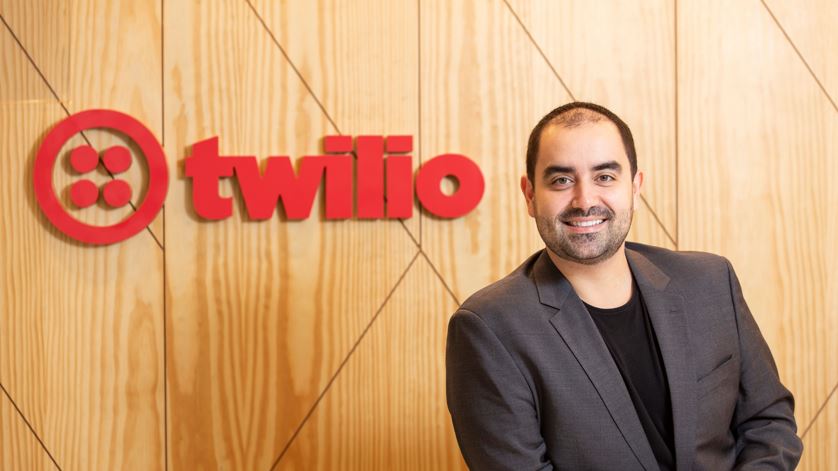 *By Rodrigo Marinho
*By Rodrigo Marinho
The macroeconomic situation is always fluctuating. Even with long periods in a state, the economy always changes, sometimes for the better, sometimes for the worse. Currently, macroeconomic conditions are very challenging for most companies. We came from difficult years, but also with great technological leaps, which today allows us to be more mature in terms of how to use technology allied to business visions.
That is why I like to say that we are currently experiencing the end of an era, that of “growth at all costs”, at the same time that we are experiencing the birth of another, that of the efficient use of data as an outlet to grow in a more efficient way. sustainable and efficient. According to Twilio's 2022 Growth Report, 93% of companies are seeking to adapt to current conditions in the world economy, preparing for recessions, and their main course of action is to retain their current customers (option presented by 43% of respondents) .
Companies are looking to increase their customers' LTV (Lifetime Value) by using technology tools like CDPs (Customer Data Platforms) to improve their marketing and engagement campaigns. LTV is calculated by multiplying the customer's value to the business by their average lifetime. This indicates the expected revenue for the company from that customer over the course of that relationship. In general, LTV should have a 3:1 ratio.
Seeking to increase LTV is, in short, doing more with less. You reduce efforts to acquire new customers at all costs, growing not horizontally but vertically, with efforts directed at gaining more from the customers you already have. For that, you need to invest in things like improving the quality of the data you have about the customer. This allows you greater personalization, better targeting of your investments and even the possibility of investing in things like omnichannel, which are very important today.
In Twilio's Customer Data Platform Report 2023, we observed that as the volume of customer data increases, companies are also becoming more efficient in what data to collect. Companies are striving to become more efficient and smarter with their customer data, prioritizing what works over volume. It's a shift away from "vanity metrics," which are high-volume data that look impressive but don't relate to meaningful business goals or KPIs.
This dialogues with a whole culture of primary data collection, in order to avoid the impact of the end use of third-party data, and how to deal with a scenario of abundant data, but with a great need to collect relevant information. To achieve this efficiency, companies increasingly rely on CDPs, which have moved from collection platforms to activation platforms. With real-time customer data, you can centralize engagement efforts, delivering seamless experiences, which increases LTV.
Another important point, also pointed out by the CDP Report 2023, and which has everything to do with this customer appreciation that has already been achieved, is that consumers are also demanding greater transparency regarding their data. Trust and transparency are the key to data privacy. Data breaches are serious business, which is why global regulations have placed privacy at the heart of consumer awareness. This has led companies to rethink their practices around customer data.
Including, it is not just in legislation that security and privacy stand out with new measures, browsers and operating systems themselves are acting on their own, launching anti-tracking initiatives in order to help consumers. This also goes for top tier CDPs like Twilio Segment.
In summary, current market conditions demand that you invest in technologies that help your company to know your customers in depth, rather than how many customers you know. Additionally, brands need to make their customers feel secure about their data. With this, it is possible to create more lasting relationships, which will allow us to navigate through the turmoil that arises in the macroeconomic scenario, and that healthier relationships are built between consumers and brands.
*Rodrigo Marino is Regional Sales VP LATAM at Twilio.
Notice: The opinion presented in this article is the responsibility of its author and not of ABES - Brazilian Association of Software Companies













